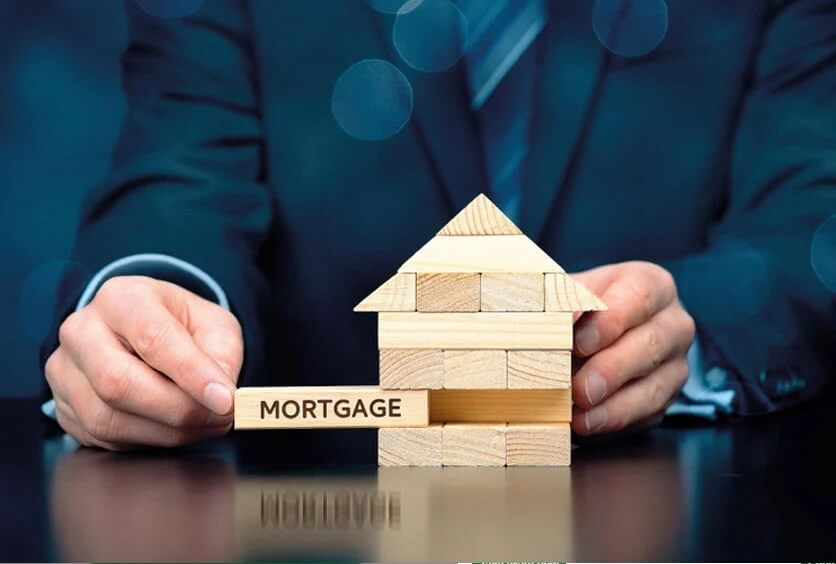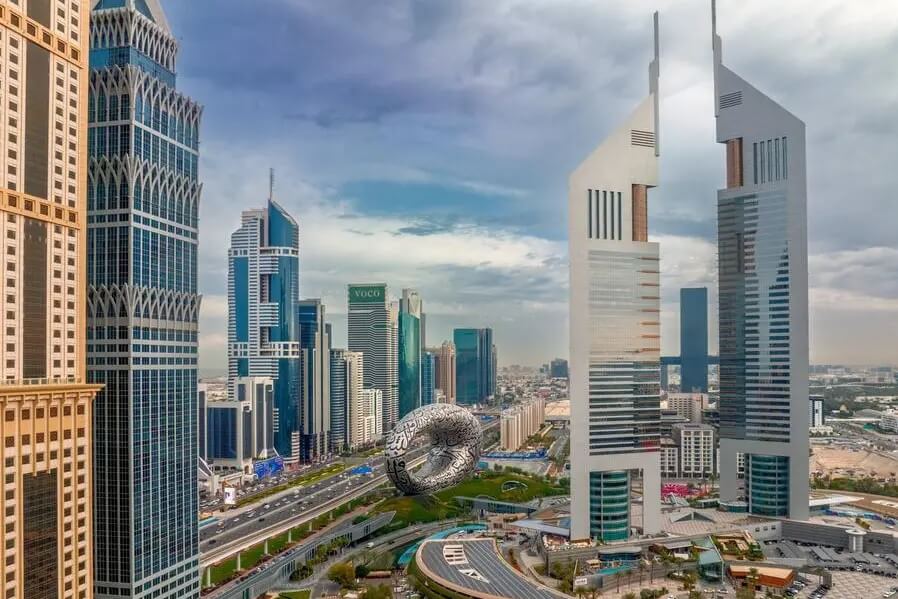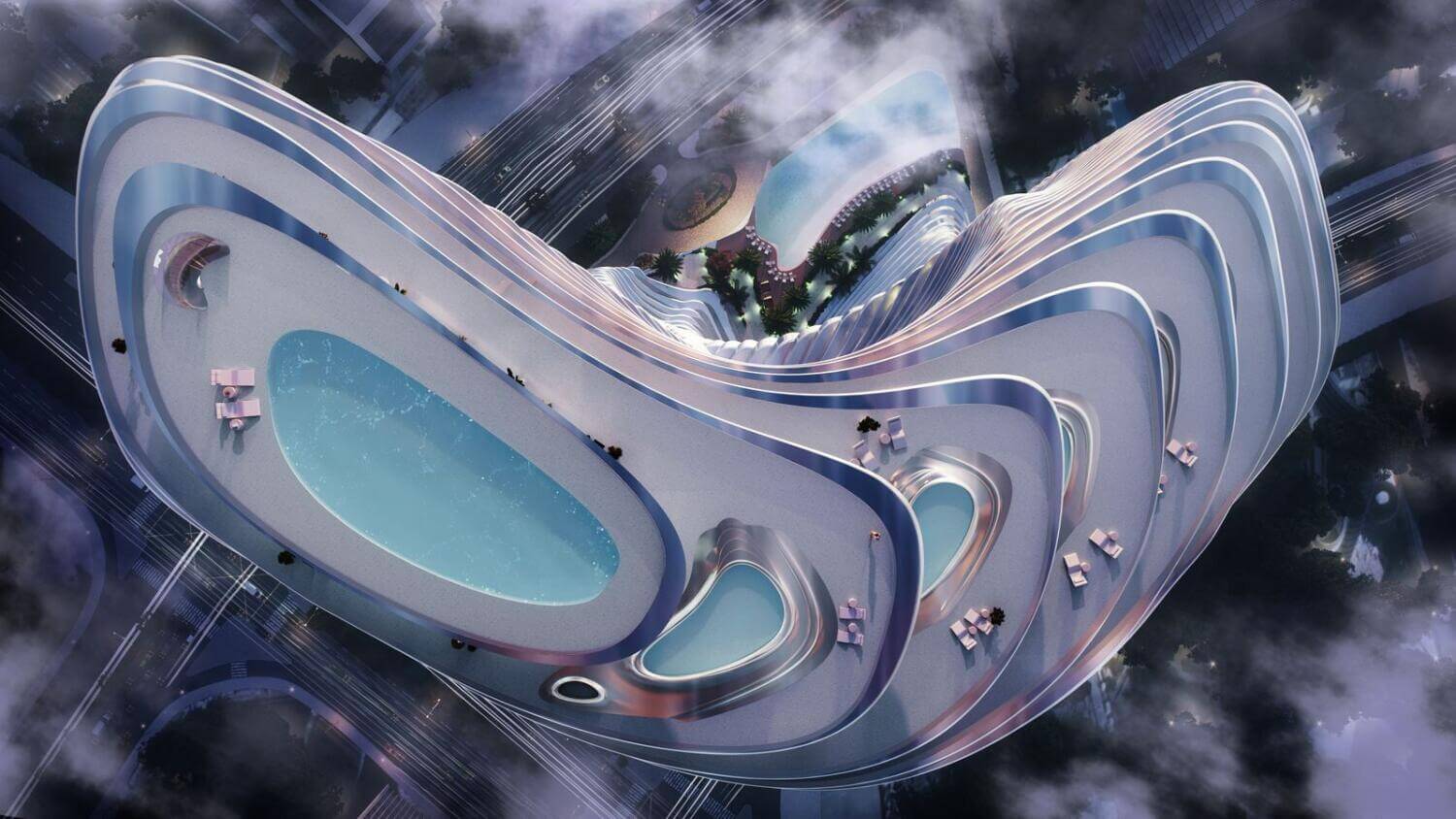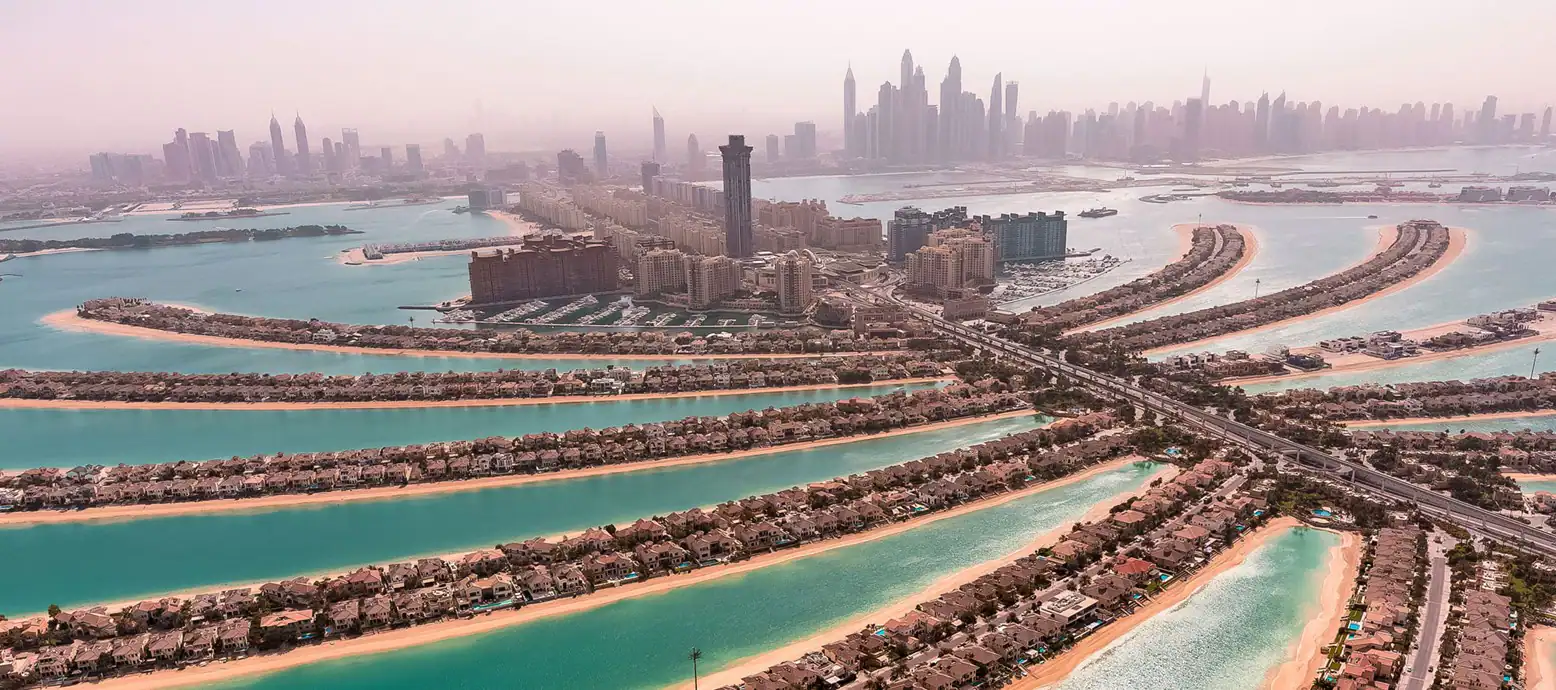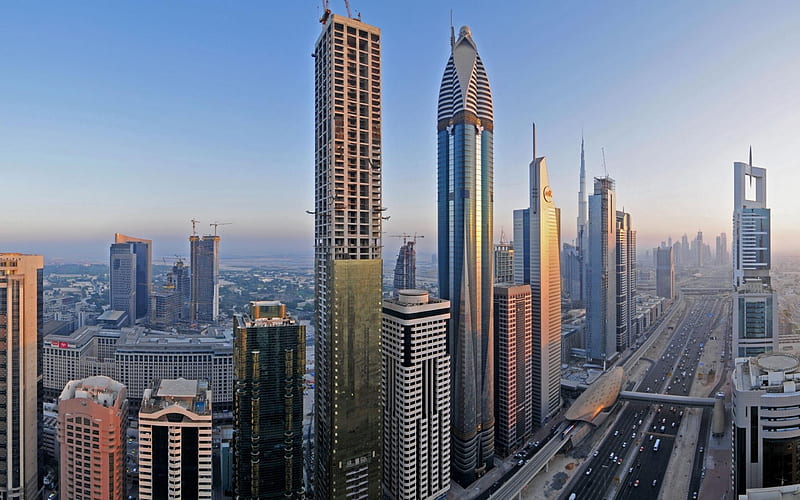Whether you’re purchasing your first home or investing in property, making a decision to buy a home is a significant commitment.
Dubai’s real estate market has long been a magnet for investors and homeowners alike, offering a diverse range of properties, from luxury villas to modern apartments. For many, purchasing a property in Dubai with a mortgage is an attractive option, providing the financial flexibility to secure a dream home without the need for full upfront payment. If you’re considering buying property in this vibrant city with a mortgage, here’s a comprehensive guide to help you navigate the process.
Together, we will guide you through the intricacies of mortgage eligibility, documentation requirements, lender selection, and repayment strategies. By familiarizing yourself with the timeline, collecting the necessary documents, and grasping the essential elements of the mortgage process, you’ll be well-prepared and confident as you embark on the journey towards a successful mortgage application.
Who Can Buy a Property in Dubai?
For those residing within the UAE, whether as an expatriate or a UAE national, understanding the necessary prerequisites for obtaining a mortgage is crucial. Generally, applicants need to be between 21 and 65 years old. Employees should have a monthly salary of AED 10,000 to AED 15,000, while self-employed individuals should earn at least AED 25,000. These criteria apply to both expatriates and Emiratis.
Eligibility requirements can vary between lenders, so it’s important to assess your qualifications before applying. Familiarizing yourself with the required documentation—such as identification, bank statements, salary certificates, and property-related papers—can streamline the mortgage application process and increase your chances of approval.
What is the Maximum Loan Amount?
For first-time property buyers in Dubai, the maximum loan amount you can secure varies based on your residency status and the property’s value. If you’re an expatriate, you can borrow up to 80% of the property’s value if it is priced under AED 5 million. For UAE nationals, this percentage increases to 85% for properties in the same price range.
However, for properties valued above AED 5 million, the maximum loan amount decreases. Expatriates can borrow up to 65% of the property’s value, while UAE nationals can borrow up to 70%.
How Much Are the Down Payments for Property Loans?
For first-time property buyers, the down payment requirements vary based on the property’s value and your residency status. If the property costs less than AED 5 million, UAE residents need to make a down payment of 20%, while UAE nationals are required to pay 15%.
For properties valued above AED 5 million, the down payment increases. UAE residents will need to provide 35% of the property’s value, whereas UAE nationals will need to pay 30%.
What is the current Morgage Rate and what are the associated costs?
The cost of a mortgage in Dubai can fluctuate based on various factors such as the loan amount, interest rate, repayment term, and additional fees. To get accurate and personalized information, it’s best to consult with banks, financial institutions, or reputable real estate brokers who can provide guidance tailored to your specific situation and the current market conditions.

|
Fees Associated with Mortgages is Dubai |
|
|
Dubai Land Department (DLD) Mortgage Fee |
0.25% of loan + AED 290 Fee |
|
Bank Mortgage Arrange Fee |
Up to 1% of loan amount + 5% VAT |
|
Bank Valuation Fee |
AED 1,850 to AED 3,500 + 5% VAT |
|
Home Insurance |
0.03% – 0.6% of property value + 5% VAT (annual) |
| Mortgage Life Insurance |
0.01167% – 0.0245% of Loan Amount (monthly) |
| Bank Fees |
i.e. wire transfer and exchange rate fees |
|
There are ALSO other fees and cost associated to buying property in Dubai. |
|
What Are the Documents Required?
For property loans, documents and paperwork will be required, and approval of these documents usually takes around two-three weeks.
As a Dubai resident, you will need the following:
- Valid Passport
- Valid Residency and Emirates ID
- Salary certificate for at least the last six months
- DEWA bills or Ejari contract as proof of address
- Bank Account Statement
For UAE nationals, the following will be needed:
- Salary certificate for at least the last six months
- Bank Account Statement
- Emirates ID
- DEWA bills or Ejari contract as proof of address
What Is the Process for Securing a Property Loan?
To begin, you can approach a bank directly or work with a mortgage broker to explore your options. In Dubai, home loans are issued by banks and must be registered with the Dubai Land Department (DLD) to be legally valid.
- Find a Lender: Familiarize yourself with the mortgage plans available in Dubai and determine which type of loan suits your needs. At this stage, you’ll need to submit the necessary documents, including identification, bank statements, salary certificates, and property-related paperwork.
- Most banks offer online loan calculators that allow you to input your details and estimate your monthly payments based on different loan plans and interest rates.
- Get Pre Approval Letter: One of the key steps is obtaining a pre-approval letter from the bank. This letter confirms your eligibility for a mortgage and outlines your maximum borrowing limit. Typically, a pre-approval letter takes about three to five business days to process and is usually valid for 60 to 90 days.
- Find your Dream Home: Once you have the budget and the pre-approval letter, it’s time to find the perfect home. Sometimes, people find their desired property first and then apply for a mortgage. This can work, but then they may not be able to secure the full amount of home finance they need to purchase the property.
- Make an Offer: With your budget properly defined, you can start viewing properties and narrowing down your search. At first, the thought of making an offer and negotiating with a seller can be daunting. But you might even enjoy it once you start to feel more confident about the process and the market. So do lots of research on the area and local property prices before you make an offer.
- Finalize your Property Purchase: Sign a Sales Agreement (Unified Contract F – a contract between Seller and Buyer) through a brokerage company like The Urban Nest Real, to secure a property.
- Valuation of the property will be arranged by the Bank using a third party independent valuator.
- Final Offer Letter (FOL) will be released by the bank. An FOL is a formal document issued by a bank or financial institution that outlines the final terms and conditions of the mortgage loan being offered to the borrower. It includes the final Loan Amount, Interest Rate, Loan Term, Monthly Intsallments, Down Payment and Fees & Charges.
- On the day of the property transfer at DLD’s Property Trustee Office, the bank or mortgage lender will release the loan amount to the seller or pay out the Sellers liability, and you will officially become the owner of the property.
- Time to sit back and relax – or, start packing up your moving boxes!
What are the consequences of not paying a mortgage in Dubai?
Failing to keep up with your mortgage payments can result in losing your property.
Early repayment of a loan or financing may incur penalties.
Missing repayments can lead to your account falling into arrears, potentially damaging your credit rating and affecting your ability to secure future financing.
Refinancing may extend the duration of your loan and could lead to higher interest costs compared to your original loan.
________________________
Dubai’s real estate market is inviting to international buyers and investors, offering a range of opportunities for a high-quality lifestyle. By understanding the mortgage process and requirements, you can confidently navigate the path to property ownership in this exciting city.
Contact us for mortgage inquiries: 971 4 221 2442 | 971 55 394 7515 | hello@theurbannest.ae




